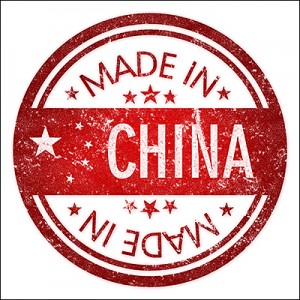Rising China’s Hidden Edge: Corruption
By Jeff Pizzino, APR, Corporate Communications −
In today’s business world, many Western companies are jumping aboard the China express, hoping to use the country’s cheap labor and expansive manufacturing and distribution system to get the competitive edge. Unfortunately, China’s business world is more corrupt than many Americans believe.
Many large western corporations, such as JPMorgan and GlaxoSmithKline, have faced repercussions in the past few years for scandals involving partners in Chinese manufacturing companies.
A Closer Look at Chinese Corruption
China often works from within by favoring local corporations. Officials there will allow graft to occur while turning the other way, but then will not permit foreigners to do the same when it comes to exporting from the country.
Investigators found that bribery, sex and drugs were common elements in many of these alleged scandals with China.
A Slippery Slope for the U.S.
Despite the many allegations made against China’s manufacturing and distribution system, the real question comes down to the character of the U.S. business world – will they risk sacrificing their competitive edge to avoid conducting business with a corrupt country? Many organizations believe that business is amoral and if the competition is doing something unethical to get an edge, you have to as well.
It’s ironic that in order to remain on the top of the business world, American corporations feel the need to scrape the bottom of the moral barrel to measure up to international competitors.
In the balance between ethics and competition, the U.S. is succumbing to the pressure.
Knowing how to produce cheaply and quickly is the main factor of competition here. And unfortunately, the United States is unsure about how to respond to this need without resorting to corrupt measures.
Bringing Corruption to an End
One potential solution to hold their corporations accountable is offered by the new technology EyeDetect™. This new polygraph alternative could hold the key to detecting those who have corrupt dealings in markets domestic and foreign. It could prove the catalyst that roots out large-scale corruption.


